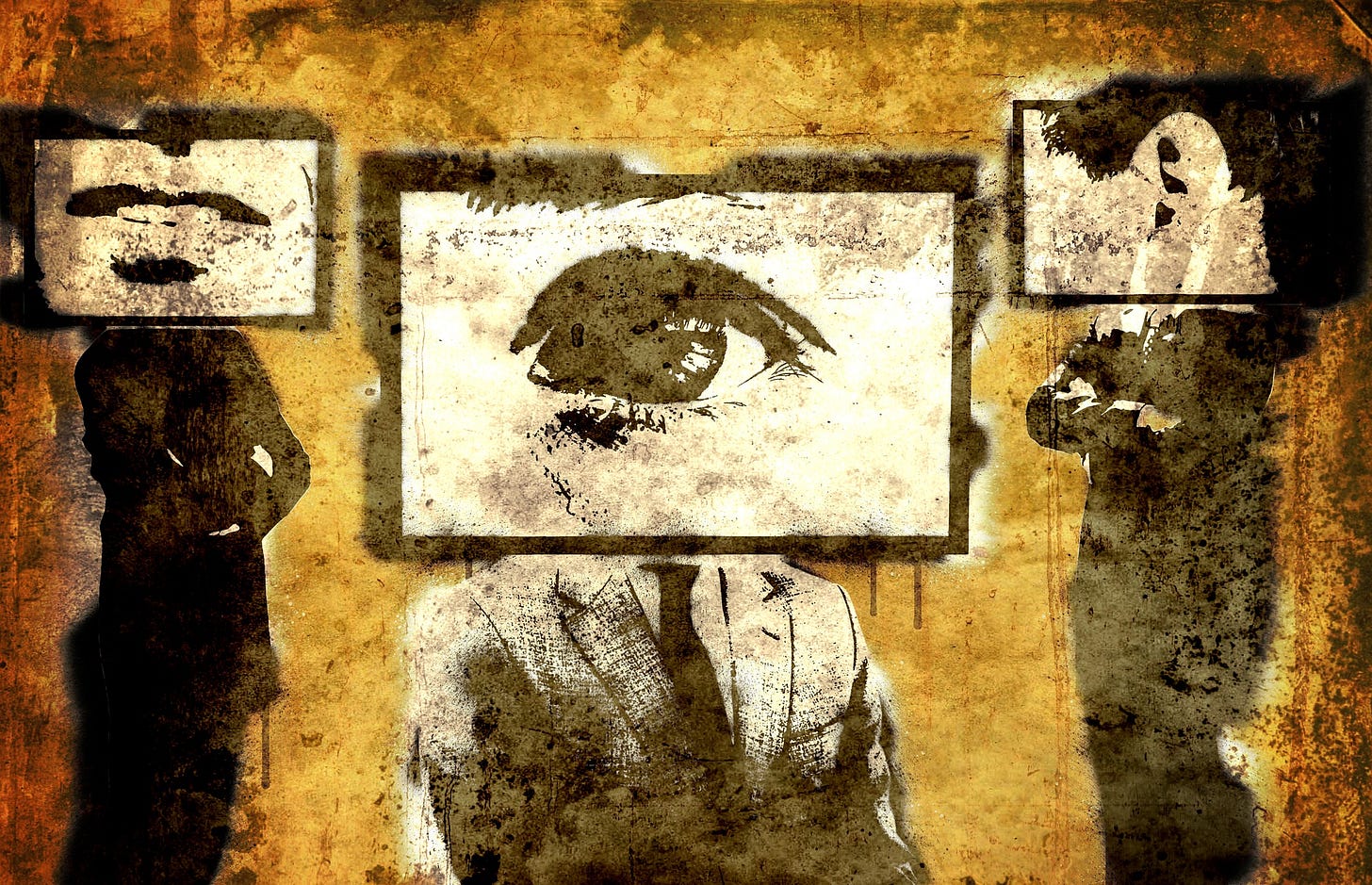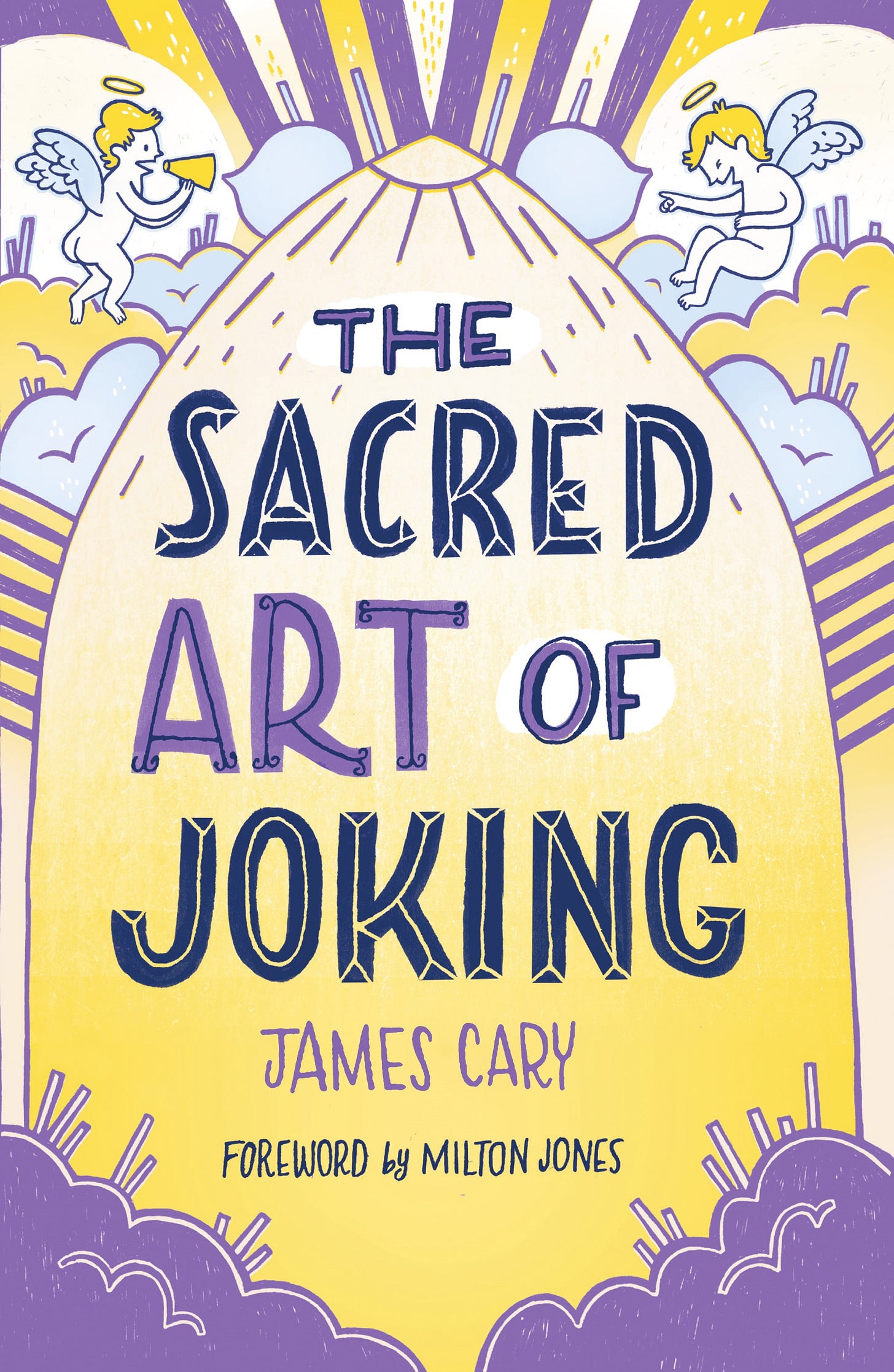1984 and all that Hideous Strength
Why the skills of Winston Smith & Mark Studdock are a Bad Thing
In the last few weeks, I’ve been writing about rewriting history. In general, this is a Bad Thing, as they would call it in 1066 And All That.
If we look back at history, we see how dictators have co-opted foundation myths, and distorted them, to dupe people into voting for them or into handing them supreme executive power. The truly demonic demagogue uses just enough truth blended with a self-serving myth that taps into our emotions and fears.
But history is complicated. There’s always more to know. There’s a chance that new facts will come to light and change the narrative. And this, ironically, is where fiction brings things into sharper focus.
1984
In 1984, we read the story of Winston Smith in the brutal, dehumanising world ruled by Big Brother. Where does he work? In the Records Department of the Ministry of Truth where he rewrites history. He goes back to The Times newspaper, the newspaper of record, and literally changes the past to suit the present. Articles are rewritten. Photographs are doctored. When someone is accused of treachery, they are not humiliated in retrospect. They are erased from existence. They are ‘unpersoned’, what we now call being ‘cancelled’.
Meanwhile, in Edgestow
We see a similar attempt to control the media narrative in CS Lewis’ much underrated That Hideous Strength, published in 1945, a few years before Orwell’s 1984. I read this book for the first time last year and found it enthralling. It is the third book in a trilogy, the first two of which are almost pure science fiction – and none the worse for it.
The third book is very different and centres around a young couple caught up in a scientific/spiritual conspiracy in the university town of Edgestow. Orwell reviewed the book and was generally complimentary about it, although he had concerns about the presence of the supernatural. Orwell wrote:
[Lewis] is entitled to his beliefs, but they weaken his story, not only because they offend the average reader’s sense of probability but because in effect they decide the issue in advance. When one is told that God and the Devil are in conflict one always knows which side is going to win.
Fair comment. And 1984 is none the worse for it being unclear whether Winston Smith will prevail against Big Brother or not.
Controlling the Media Narrative
In That Hideous Strength, the clandestine and nefarious NICE are trying to seize power. Mark Studdock’s desire to be in the Inner Ring drives him to rewrite the future rather than the past. He has to concoct a newspaper article of propaganda and misinformation about the meaning of a staged riot that is yet to happen.
Studdock knows what he is doing is morally wrong. But it doesn’t take long for him to justify these lies to himself, partly because it’s all for the greater good. Moreover, his vanity also causes him to admire the craft of his writing. In this, at least, he’s not so different from Winston Smith, who takes at least some pleasure in being gifted at his task of rewriting history.
These dystopian nightmares are not as far away as we might think. It’s not quite an equivalent, but the sum total of ‘agreed’ human knowledge is Wikipedia, which is being rewritten all the time. But who is doing the rewriting? Who are the editors? And who edits the editors?
Winston Smith and Mark Studdock are concerned with controlling the narrative, past, present and future. But in writing their novels, Orwell and Lewis demonstrated an even more profound truth: fiction is truer than history.
Fiction is Truer than History
Good fiction simplifies ideas so that we can examine them more closely. Eternal truths are seen more clearly. And so these stories have a greater emotional resonance, and a longer shelf life. Classic fiction, like 1984, Fahrenheit 451 and Brave New World, stands the test of time.
This is why the old stories must be undermined, laughed at or, in the case of Fahrenheit 451, destroyed. If you are found in possession of a book in Ray Bradbury’s world, the fire brigade will come to your house and burn it to the ground. This is a story that understands the power of fiction and how socially subversive it can be.
Brave New World
In Huxley’s Brave New World, citizens watch movies that seem deeply and worryingly unsatisfying to John the Savage. His desire to cling on to the superior stories of Shakespeare isn’t a crime, but a social oddity. His refusal to take the opiate soma and believe the lies is deemed curious and comic.
The authorities are not worried that John the Savage’s views will catch on. Perhaps Huxley’s story is ultimately the most chilling because he shows a society that does not need to be coerced and brainwashed. Our aversion to risk and pain will cause us to believe all kinds of lies and rewrite all kinds of histories. In so doing, we imprison ourselves.
How do we break out of that? That’s one for next time.
So why not subscribe and have it in arrive your inbox? (That way, you don’t need to look out for it on social media and we cut Big Blue Brother out of the loop…)
For some autumnal Cold War paranoia, why not listen to my chat with Nate Morgan Locke about The Iron Giant on the Popcorn Parenting podcast?
And if you’re interested in power, comedy, censorship and cancel culture, get hold of a copy of my book, The Sacred Art of Joking, which is all about how jokes work, and how they go wrong, especially in the realm of religion.
A signed copy would make a decent Christmas present and a nice change from a DVD, especially if coupled with a copy of The Gospel According To A Sitcom Writer. Both available HERE.




